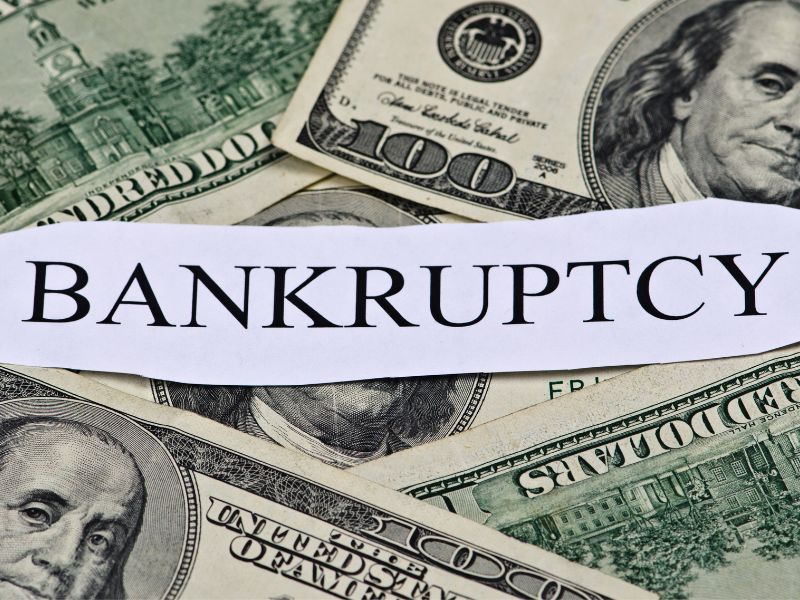When you get to the end of your hope financially, you may begin thinking about bankruptcy. The world of banking is complex and riddled with red tape. Bankruptcy is not cut and dry. You need to know when you should file, what type of bankruptcy you should use, and exactly what to expect from the process.
When Should you File for Bankruptcy?
The two most common types of bankruptcy are Chapter 7 and Chapter 13. Both processes focus on individuals or firms who cannot pay their debts. Chapter 7 liquidates assets to pay debt with cash. Chapter 13 works out a payment plan for your debts.
Bankruptcy Basics
If you are behind on your mortgage to the point of potential foreclosure or are being harassed by non-stop calls from bill collectors, it may be time to consider declaring bankruptcy. It can reduce or eliminate your debt, but bear in mind it has consequences not the least of which is hitting your credit score. Chapter 7 stays on your record for 10 years, Chapter 13 remains for 7. This means your borrowing power is greatly reduced. It may also increase your insurance rates and applying for a lease difficult.
Voloshen Law Firm, PC, with offices in Huntingdon Valley, PA, and Boca Raton, FL, stands ready to help you navigate the mounds of paperwork that goes with bankruptcy. It’s our duty to make sure you have all the information you need to make the best decisions.

What Happens During Bankruptcy
Once you file, debt collectors can no longer contact you. Your car cannot be repossessed, and the bank cannot foreclose on your home. You will have a trustee, such as Voloshen lawyers, who oversee the specifics of your case. They’re in charge of notifying creditors and scheduling a hearing.
If you filed for Chapter 7, many of your assets will be sold for cash to pay your creditors. Some assets are protected like clothing and your car. The specifics regarding exemptions vary from state to state.
Any debts that remain after your asset liquidation will be forgiven. The only exception is if you reaffirm a debt. This basically means the debt is outside the bankruptcy protection and you agree to keep paying in a timely manner.
If you are in a higher income group, Chapter 13 may be more advisable. Here you will make a plan to repay your creditors within 5 years (on average). You will need to take budget counseling. Afterward, your eligible debt is erased.
Professional Help from Voloshen Law Firm, PC
Debt can mount at any time, such as when a medical emergency arises, or when you lose track of your credit card debt. Having a lawyer who represents your best interest during bankruptcy makes matters much easier. We provide full-service case management. In other words, from your bankruptcy petition to the final decree you have expert protection.
We do offer remote consultations for your convenience. You can also use our online contact form, or call our office at 215-437-7845 for further information.
